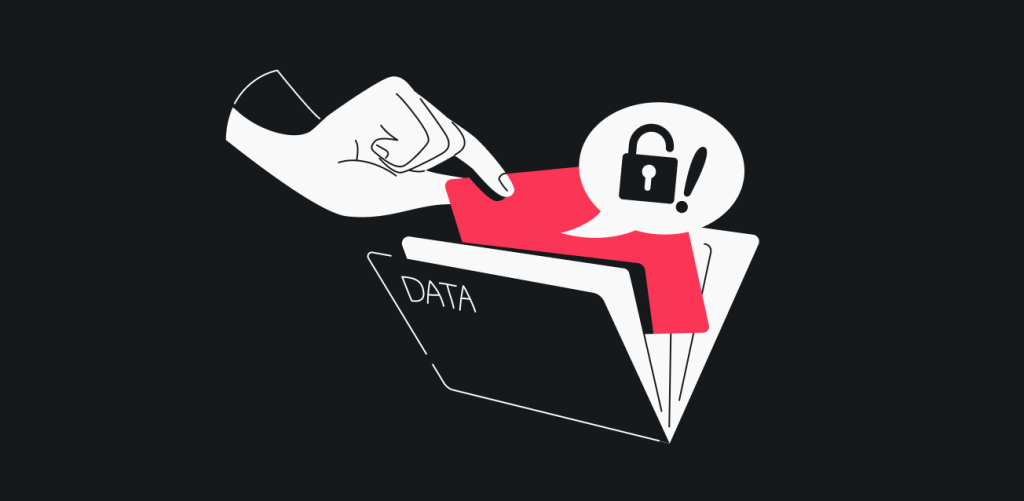In a distressing but increasingly familiar scenario, the Philippines has again grappled with the fallout from a significant data breach. This time, the victim is Maxicare Healthcare Corp., one of the country’s leading health maintenance organizations (HMO), with nearly two million members potentially affected. The National Privacy Commission (NPC) confirmed receiving a data breach notification from Maxicare, highlighting yet another alarming intrusion into sensitive personal data.
The breach, reportedly by a threat actor known as “OPCODE-90,” involves a compromised file of 33.3 megabytes containing over 22,800 lines of detailed personal and booking information. The exposed data includes full names, company identifications, Maxicare card numbers, corporate codes, dates of birth, contact information, and VIP status. This incident is not an isolated case but part of a troubling trend of cyberattacks targeting significant corporations in the Philippines, including recent breaches at Toyota Motor Corp. and Robinsons Land Corp.
The Growing Cybersecurity Crisis
The frequency and scale of these data breaches signal a growing cybersecurity crisis in the Philippines. Within weeks, the NPC received multiple breach notifications, including six from the Philippine National Police. Despite these warnings, many organizations’ overall response and preventive measures still need to be improved. The Maxicare breach and those at Toyota and Robinsons Land underscore the need for heightened cybersecurity measures and more stringent data protection protocols.
Implications for the Public
The implications of these breaches are profound and far-reaching. For individuals, exposing sensitive personal data can lead to identity theft, financial loss, and a profound invasion of privacy. For businesses, the ramifications include loss of customer trust, potential legal consequences, and substantial economic costs associated with mitigating the breach and compensating affected individuals. In the case of Maxicare, the breach could undermine confidence in the HMO’s ability to protect the personal health information of its nearly 1.8 million members.
Urgent Need for Comprehensive Action
This latest breach should serve as a wake-up call for all stakeholders. The NPC’s role in actively monitoring and addressing data breaches is crucial, but it is clear that more robust and proactive measures are needed. Companies must adopt a culture of cybersecurity that prioritizes regular audits, advanced encryption methods, and comprehensive incident response plans.
Additionally, there needs to be a concerted effort to educate employees about cybersecurity risks and the importance of safeguarding personal data.
Furthermore, legislative action is necessary to ensure stricter compliance and higher penalties for data breaches. The government must work with the private sector to establish a fortified digital infrastructure capable of withstanding cybercriminals’ sophisticated tactics.
The Role of Consumers
Consumers, too, have a role in this evolving cybersecurity landscape. They must remain vigilant about their personal information, regularly update passwords, and monitor financial statements and accounts for any signs of suspicious activity. It is also crucial for consumers to report any breaches promptly to the NPC and the affected organizations to enable quicker response and mitigation efforts.
The Maxicare data breach is a stark reminder of the vulnerabilities in our increasingly digital world. As cyber threats continue to evolve, so must our defenses. Businesses, government agencies, and individuals must collaborate to enhance cybersecurity measures and protect personal data. Only through a united and proactive approach can we safeguard our digital future and restore public trust in the systems designed to protect us.






